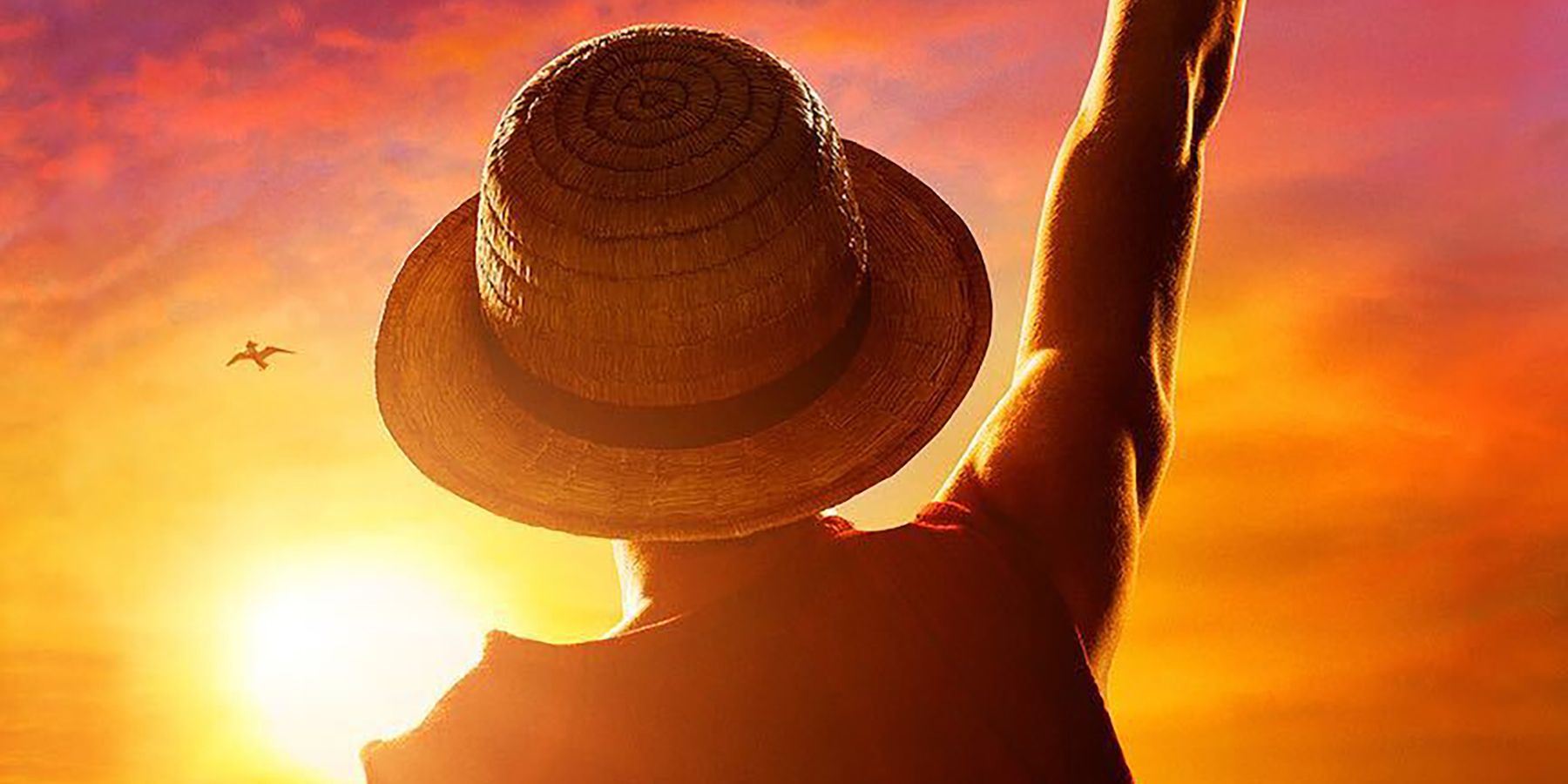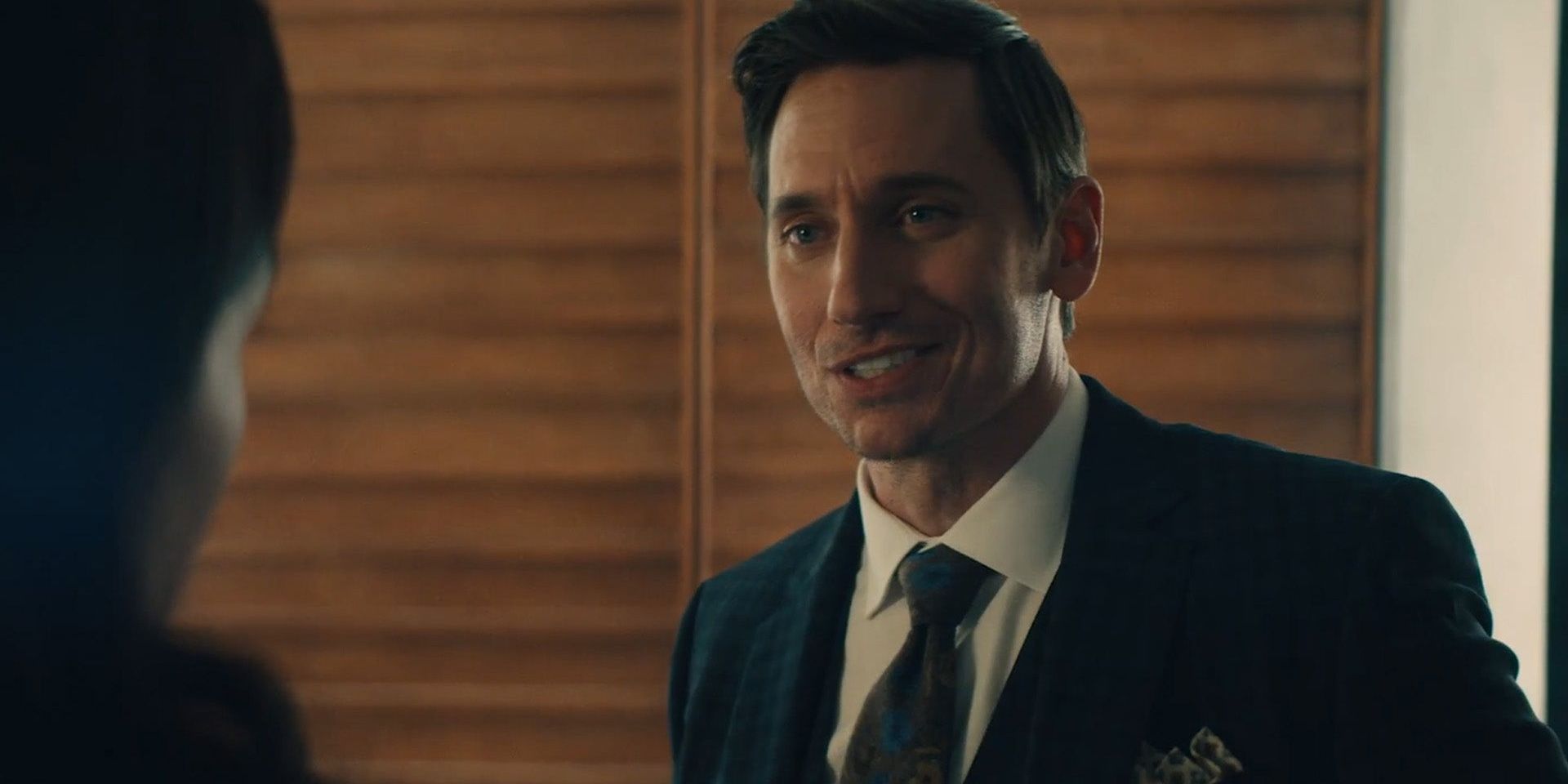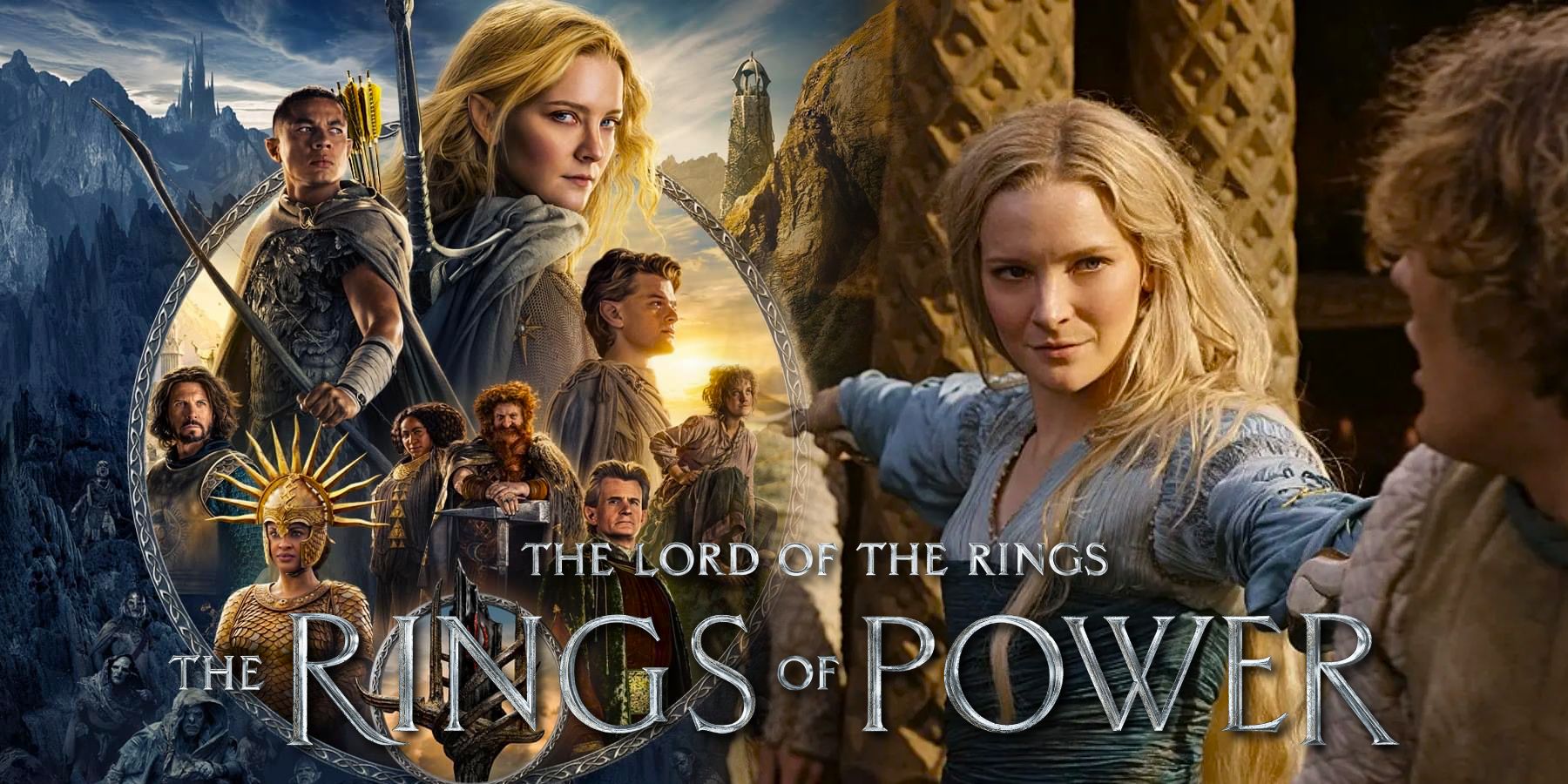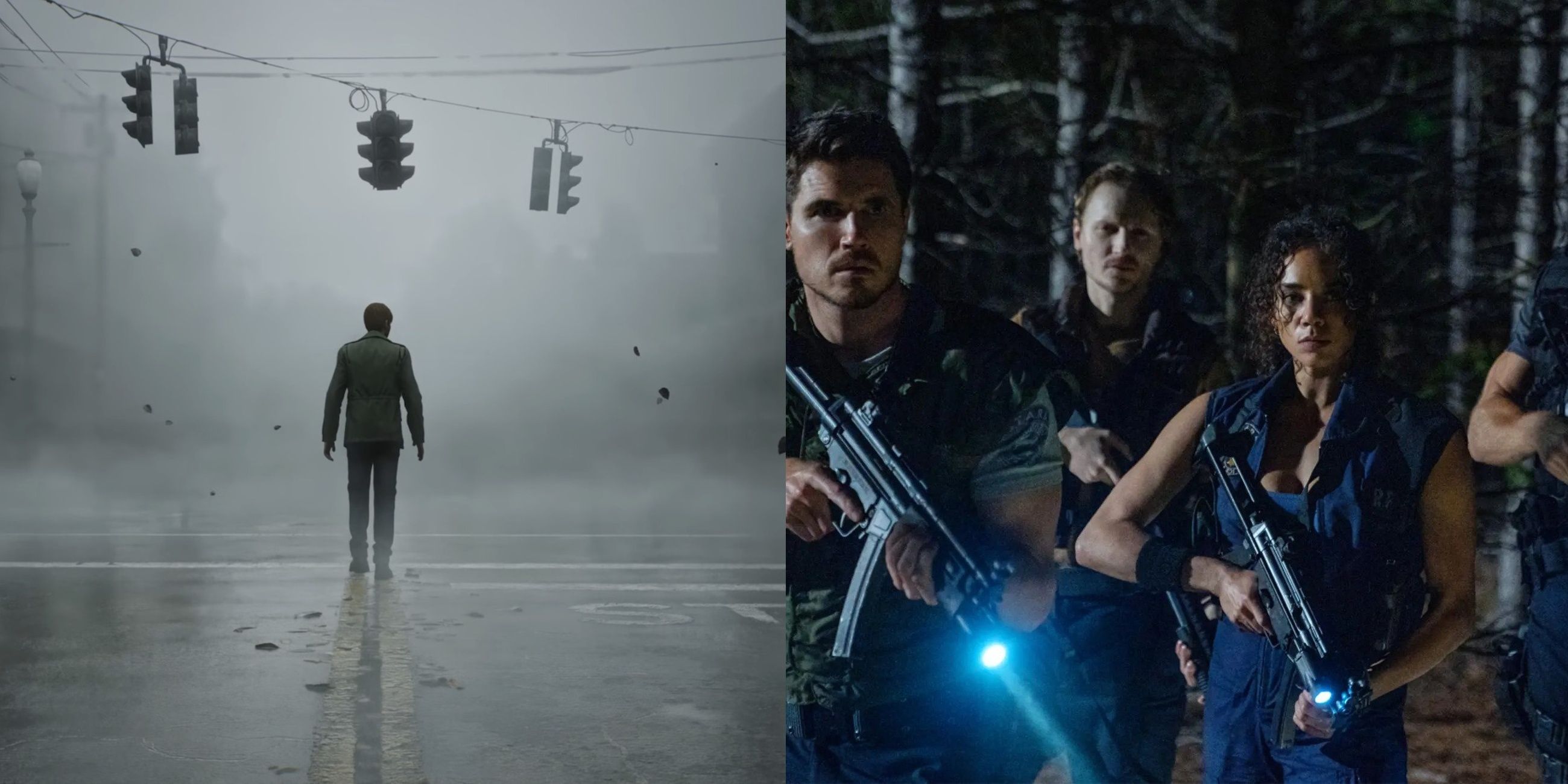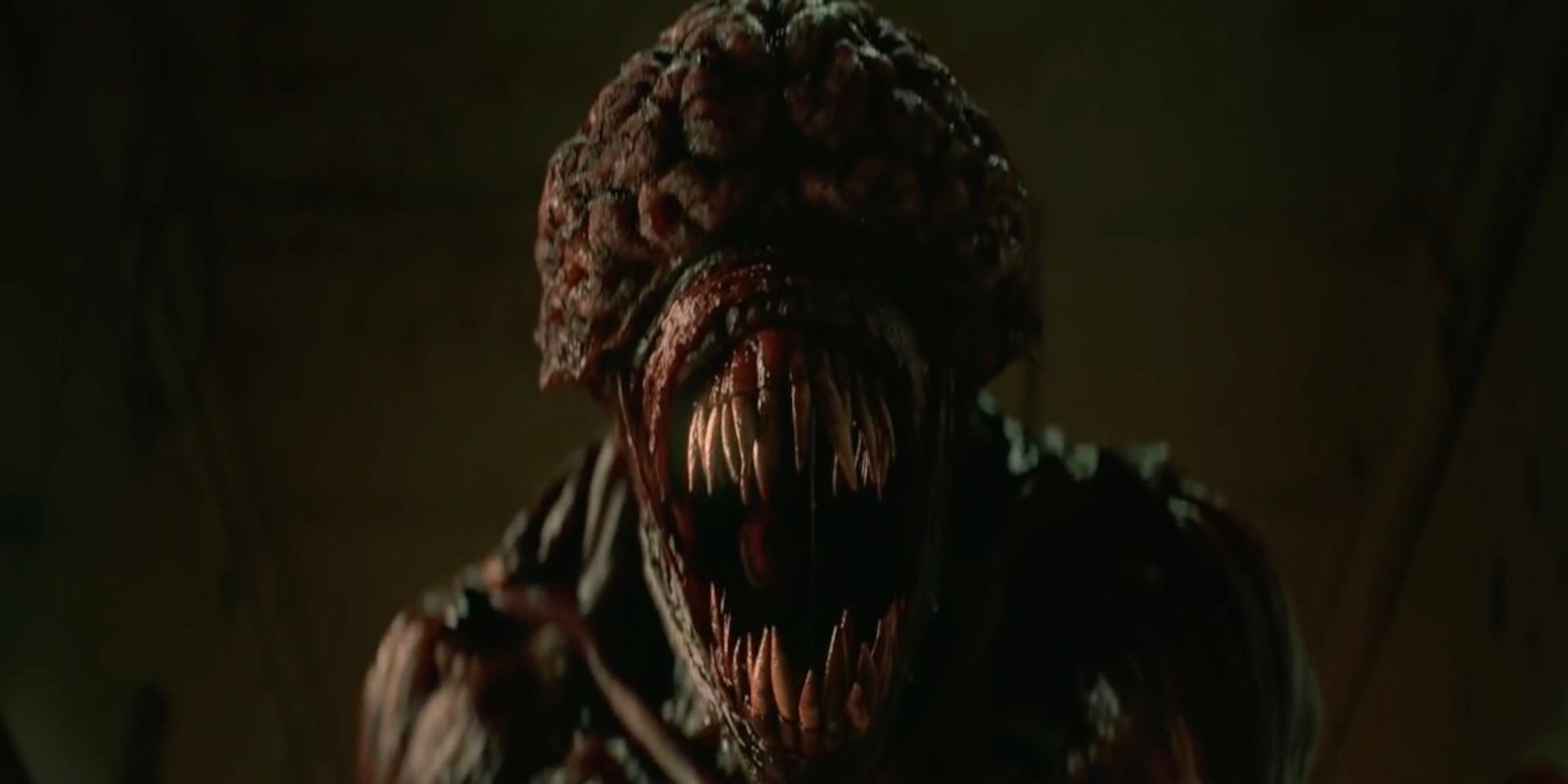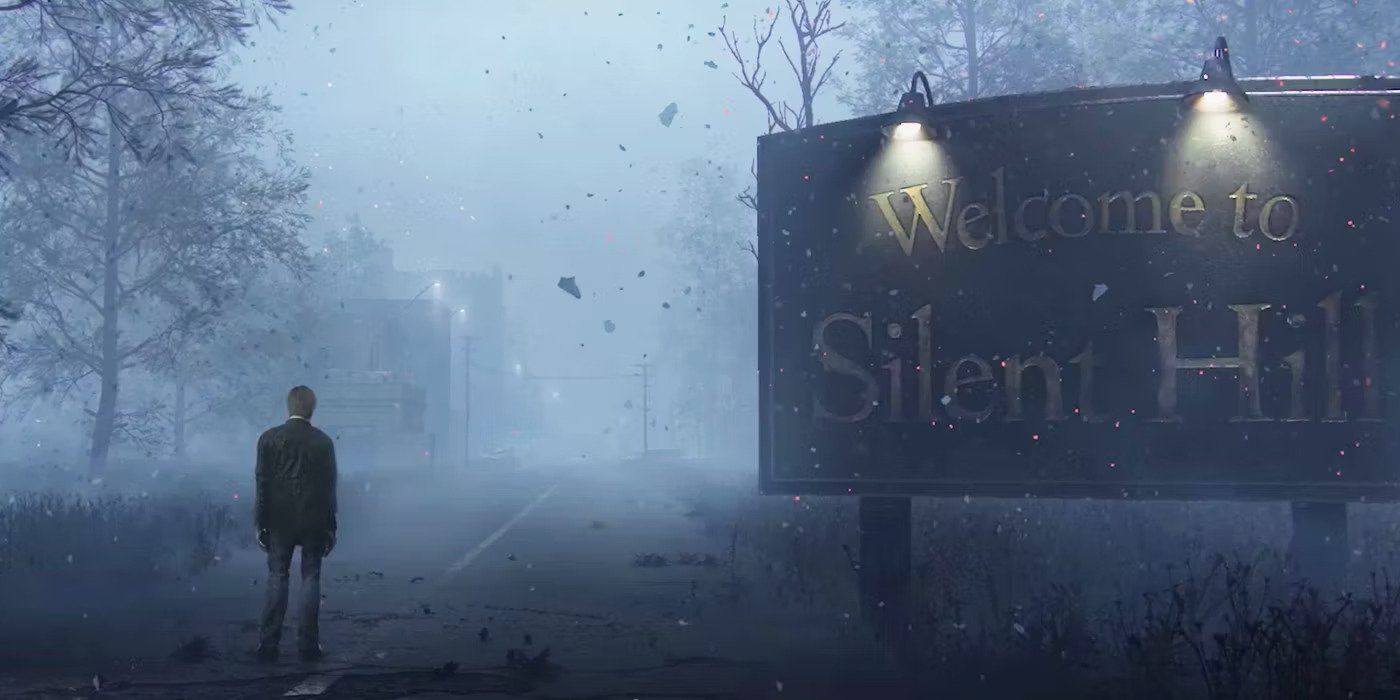Video game movies have undergone a renaissance in recent years, making the bold leap from near-universal failure to occasional success. As the tides change for the genre, franchises that didn't see the greatest returns can take another shot. Silent Hill is set to try cinema again with the original director in tow, but their pitch is a bit questionable.
The upcoming Return to Silent Hill is the movie that Christophe Gans wanted to make when he started bugging Konami for the license back in 2001. It's a direct adaptation of Silent Hill 2, perhaps the most beloved survival horror game ever made, and it's set to premiere sometime next year. This has some fans excited, but others recall the lessons of the latest cinematic effort of the franchise's favorite competitor.
Since the first cinematic adaptation of the franchise, the history of the Silent Hill movies has been tied inexorably to the Resident Evil movies. The same studio produced both and the same producer left their mark on each franchise, often for the worse. Aside from Pokémon, Capcom's long-running horror series is the most frequent subject of video game movies. The live-action series starring Milla Jovovich shockingly spawned seven entries, each of which was critically panned and despised by most fans. After seven disasters of increasing severity, regularly butchering iconography from the games in ways that seemed strategically targeted to irritate hardcore devotees, fans just wanted something faithful to the source material. The response from Screen Gems and Sony was Resident Evil: Welcome to Raccoon City, a direct adaptation of the first two games and a harsh lesson that a movie can be faithful without being good.
The awful truth of both franchises, and video game movies in general, is that just recreating stuff people already love or borrowing existing material won't result in a good film. People don't like Silent Hill 2 because a man with a pyramid for a head looks cool. People don't like Resident Evil 2 because a monster with a massive tongue drops from the ceiling. Fans enjoy these works because they're intelligent, gripping, haunting, and well-crafted horror stories with nightmarish implications or pulse-pounding tension respectively. The core of any adaptation of these works isn't necessarily any specific character, enemy, or scene. A film in either franchise could perfectly capture the spirit of the source material without actually recreating any existing material. On the other hand, a film in either franchise could take every element from the source material with obsessive specificity, and still miss the point entirely.
Those who have any praise to offer Welcome to Raccoon City focus entirely on the film's selling point, its direct adaptation of the source material. This is mainly because there isn't anything else in the film worth complimenting. Yes, it effectively retells the first and second game's narratives while visually capturing a few of the big trailer moments. This is more prestige than the previous seven films can lay claim to, but that's an extremely low bar. If all the audience wants from the film is live-action cosplay and CGI recreation of their favorite moments, then their extremely limited expectations will be met. However, they could get the same experience by playing the original games or watching the cutscenes online. The movie doesn't add anything to the conversation. It actively removes most of what made those experiences enjoyable.
Recreating a big moment from a video game in a film might sell tickets, but it robs those scenes of the gameplay that made them iconic. Watching actors in costumes open fire on the Licker is all well and good, but it'll always pale in comparison to the first time a player got to fight it themselves. Return to Silent Hill faces the same uphill battle. Sure, director Christophe Gans can just do all the iconic scenes, truncate the existing narrative to fit a two-hour runtime, and hit all the highlights to create a moderately enjoyable film. Unfortunately, it'll be little more than a temporary distraction for fans, who will always remember their experiences with the game more than they'll recall an on-screen attempt to recapture them. Return to Silent Hill needs to be more than a remake of that beloved story to become memorable.
Christophe Gans has been trying to make this movie for 21 years, and his first attempt at the franchise was an underrated gem. He must have some sort of angle on the property that's been driving his love for the project. Fans can rest easy knowing that the project is in the hands of a fan, but that was also seemingly true in the case of Welcome to Raccoon City. The problem with video game movies doesn't start and end with faithfulness to the source material. Return to Silent Hill needs to be a strong horror film in its own right, regardless of how accurately it nails the beloved game it's adapting.

